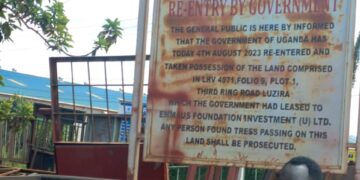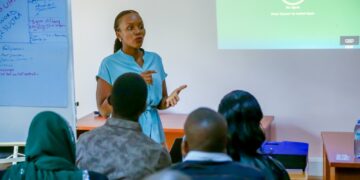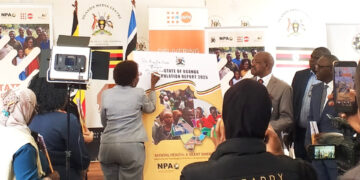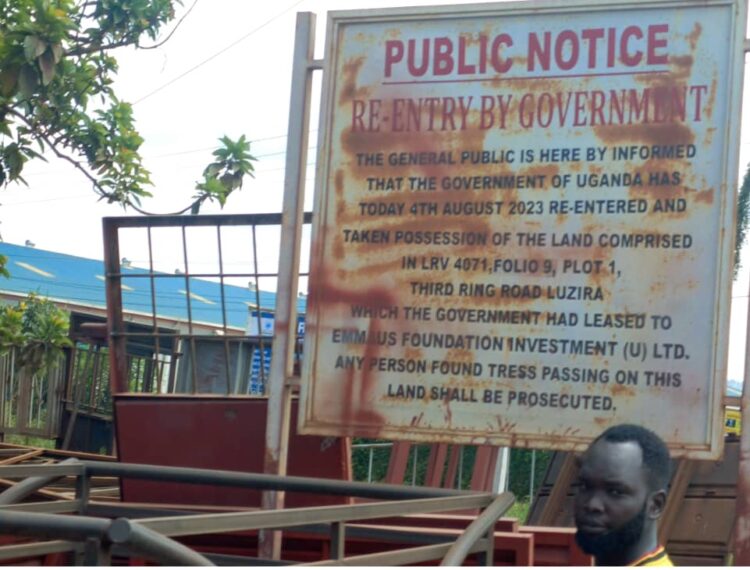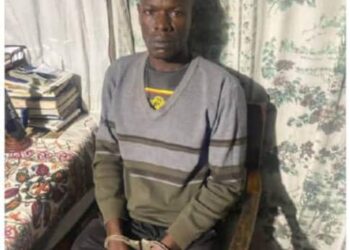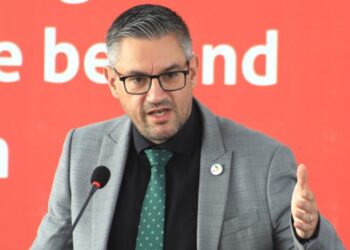By Our Reporter,
KAMPALA
A heated land dispute has erupted in Luzira, Nakawa Division, Kampala, where a group of reformed ex-prisoners is fighting to retain control of a 1.6-acre parcel they’ve called home and livelihood for over two decades. At the center of the storm is a private company with links to high-ranking government officials.
The land was originally allocated in 1997 by the Uganda Prisons Service for a rehabilitation and vocational training initiative aimed at supporting former inmates. The program, backed by the Rotary Club of Kampala West, led to the creation of carpentry and metal fabrication workshops, offering reformed prisoners a second chance at life.
However, in 2010, Emmaus Foundation Investments Limited—a company whose directors include senior government officials and lawyers—was controversially granted a 99-year lease on the same land. Documents show the company never developed or occupied the land.
Members of the United Reformed Prisoners Association (UREPA), who have maintained active use of the land since the late 1990s, say they are now facing forceful eviction despite their long-standing presence and investment. Many have built homes and community workshops on the property.
The legitimacy of the lease granted to Emmaus Foundation Investments Limited is now being challenged by UREPA, Karago Engineering and Construction Limited, and various government officials. A 2019 letter from State Minister for Lands, Persis Namuganza, questioned how the lease was awarded without development ever taking place, referencing a presidential directive mandating the reversion of undeveloped leased land back to government after five years.
Acting on this directive, the Uganda Land Commission (ULC) cancelled the lease and erected a public notice on the property in August 2023, warning that the government had re-entered the land and would prosecute trespassers. A new lease was later granted to Karago Engineering, which had received a no-objection letter from the Uganda Prisons Service.
A 2022 letter from Prisons official Samuel Baker Emiku expressed serious concerns over how the original lease was obtained. He accused Emmaus Foundation Investments Limited of acquiring the land title without the required legal clearances and warned that it was being used to fraudulently solicit funds.
Adding to the controversy, documents suggest that Emmaus Foundation Limited—the predecessor to the investment arm—had only been contracted to construct a workshop on the site. How this limited role evolved into a claim of full ownership remains unclear. The transfer of land from the foundation to the investment company reportedly occurred without the knowledge or consent of the Prisons Service.
On the ground, tensions have reached a boiling point. UREPA members allege that directors of Emmaus Foundation Investments Limited, accompanied by armed men in civilian attire, raided their workshops at night, vandalized property, and attempted to evict them without a court order.
“We were attacked in the night by armed men. They stole our phones and property. No eviction order was ever served,” said Ronald Ongom, a resident and workshop employee.
In response, Martin Barigye, a director at Emmaus Foundation Investments Limited, defended the company’s claim to the land, asserting that they had obtained a court order barring the Uganda Land Commission from repossessing it.
“As the owner of the land, I have the right to do whatever I want to do on this land. I went to court and have a court order stopping ULC from entering it,” Barigye said.
Yet questions persist. Geoffrey Baguma of Karago Engineering expressed disbelief that UREPA’s 2007 lease application was ignored while Emmaus was awarded a 99-year lease without meeting basic legal or development requirements.
“We sat waiting for a response in vain. Meanwhile, someone else who wasn’t even on the land gets 99 years? How?” Baguma asked.
The Luzira land saga underscores serious concerns about land governance, transparency, and the protection of vulnerable communities. What began as a government-backed rehabilitation effort now stands as a symbol of how public land can be diverted under questionable circumstances.
If the government is to uphold public interest and justice, it must reckon with the voices of the ex-prisoners whose years of labor, investment, and community-building are now at risk of being erased.
The public is watching closely to see whether the rule of law will triumph or whether the powerful will once again displace the powerless.
